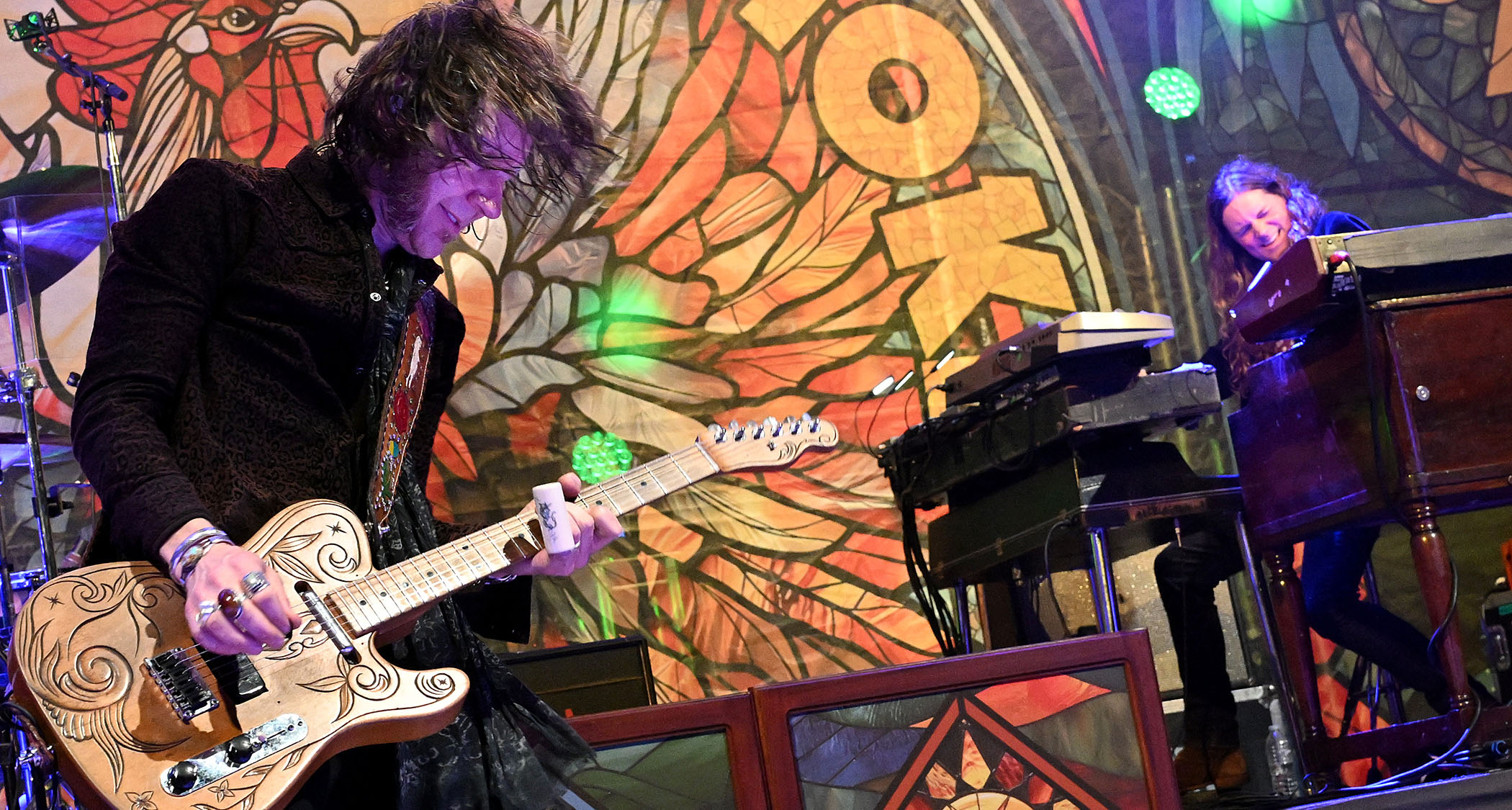“We were afraid the record company was going to chuck us, so I started playing these chords. It all came about pretty quickly – like magic”: Dave Davies on the Kinks’ argumentative energy, mixed feelings on Van Halen, and Jeff Beck, the “loose cannon”
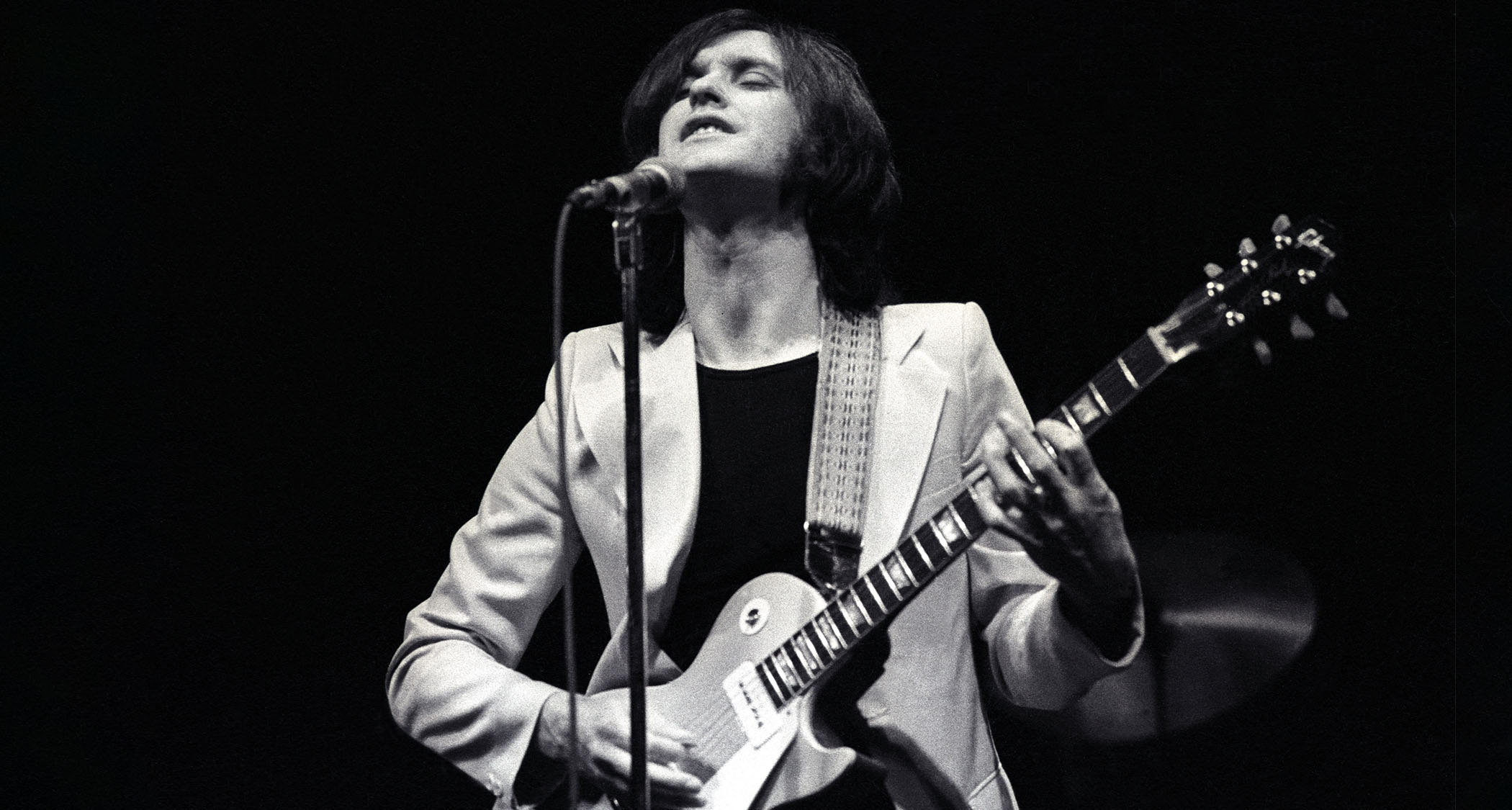
All the latest guitar news, interviews, lessons, reviews, deals and more, direct to your inbox!
You are now subscribed
Your newsletter sign-up was successful
“It feels like something out of a dream,” Dave Davies says. He’s recalling the frenzy and jubilation that greeted his band, the Kinks, in a way similar to the British hitmakers that had come before them – namely, the Beatles, the Rolling Stones, and the Dave Clark Five – during the heady summer of 1964. “It was a total dream come true, and I loved every second of it.”
He takes a moment and smiles serenely. His eyes sparkle. It’s as if he can still see and hear the screaming throngs of female fans – 60 years later, the memories are still intact.
“You have to remember, we were just scruffy kids from North London,” he says. “I was only 17 – what did I know about life? The Beatles and the Stones were older than me. I was so young. We all were.”
When the Kinks’ You Really Got Me hit the airwaves in August of 1964, it hit hard. Written by Dave’s brother Ray, who fronted the band, the song pummeled everything in sight, reaching Number 1 in the U.K., Number 7 in the States, and dominating the charts in a dozen other markets.
Among its many attributes – a pounding beat that could double as a defibrillator, an earworm melody from start to finish, and gang-style background vocals that sounded like an approaching cavalry – is Dave Davies’ outlandish guitar playing. From his distorted riffing to his frenetic soloing, it’s madcap, epochal stuff that would influence garage bands, punkers, and heavy metallers throughout the ensuing decades.
“We had no idea we would have that kind of effect on people,” Davies says. “We were just glad to make a record and get something out there. I came up with the sound, but I wasn’t trying to create something new. Although once we finished the track, I think we looked at each other like, ‘Maybe we’re on to something here…’
“He smiles. “What’s funny is, a lot of people didn’t like the sound at all, but that’s OK. I thought that was great. I loved hearing it on the radio.”
All the latest guitar news, interviews, lessons, reviews, deals and more, direct to your inbox!
Hits like All Day and All of the Night and Tired of Waiting soon followed, and it appeared as if the Kinks were unstoppable – until they were. In 1965, after the band threatened to cancel a show in San Francisco unless they were paid in advance, the American Federation of Musicians refused the Kinks work permits in the States for the next four years.
“It was very unfortunate because we were having great success,” Davies says. “There was a period of downtime for us, and things got quite bad. But then things turned around. It was a very up-and-down existence.”
He pauses, then says, “It’s hard to remember some of it. Things happened very quickly for us. We were just kind of caught up in it, and we went with it.”
Now 78, Davies divides his time between London and the Leonia, New Jersey, home of his girlfriend, Rebecca G. Wilson.
“I like New Jersey,” he says. “There’s a lot of nice restaurants, and there’s a great bookstore in Ridgewood called Bookends. I really enjoy it.”
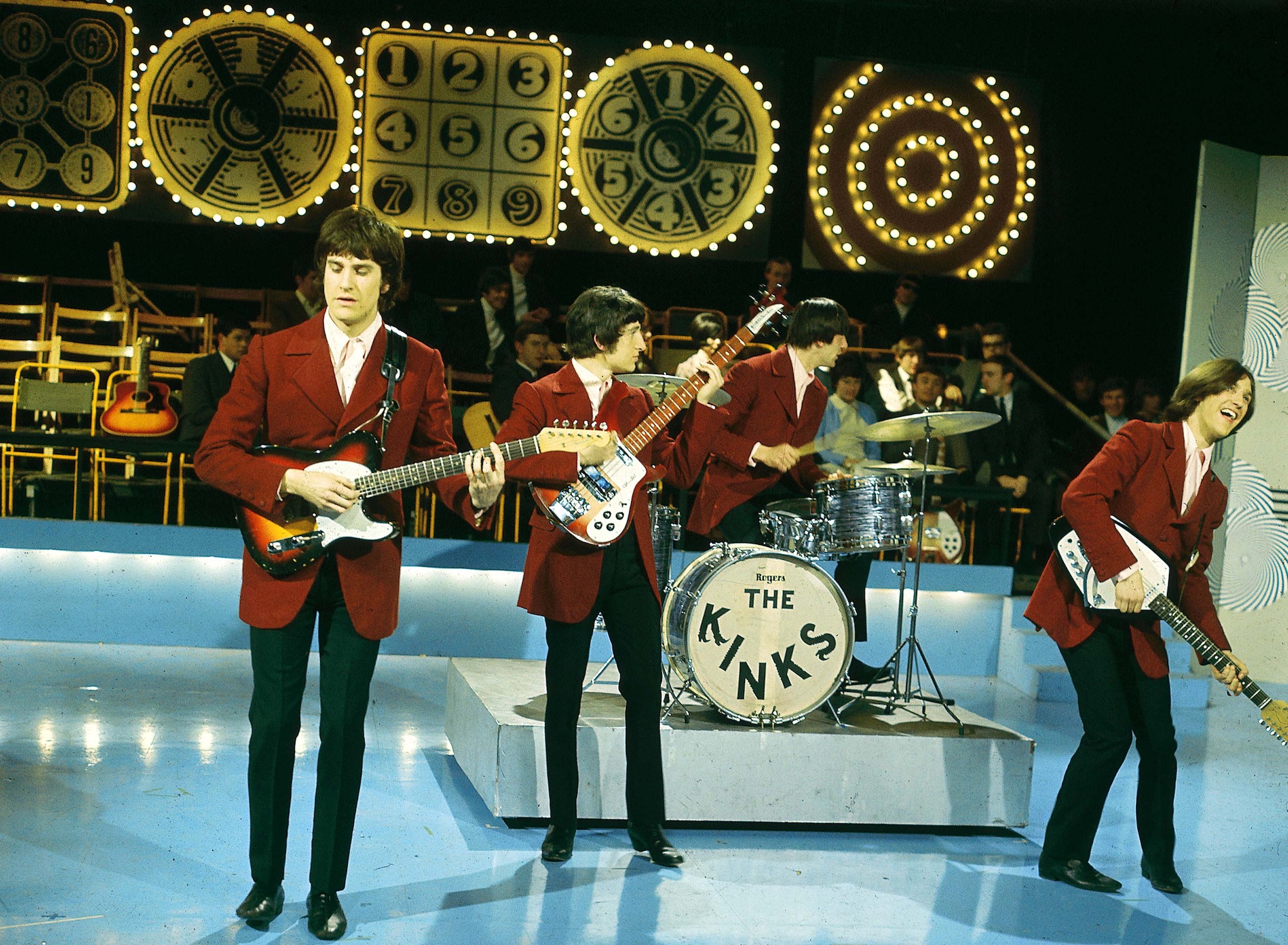
A devastating stroke in 2004 has slowed him down, but he’s upbeat and engaging.
“It was terrible at first,” he says. “I was very hyper, so I think that’s what brought on the stroke. I’ve learned to be a lot quieter and calmer now. As long as I stay calm, it’ll be all right, but it’s hard. I find it hard to keep calm.”
We were afraid the record company was going to chuck us, so I started playing these chords. It all came about pretty quickly – like magic
These days, Davies spends much of time immersed in artwork – mainly watercolors and photography – and in 2023 he published an autobiography, Living on a Thin Line, now out in paperback.
He’s excited about the release of The Journey – Part 3, the third installment of a 60th-anniversary Kinks anthology series that includes latter-day hits like Catch Me Now I’m Falling, (Wish I Could Fly Like) Superman, and Low Budget as well as never-before-heard recordings of the group’s appearance at the Royal Albert Hall in 1993.
“It’s a pretty big record, and the songs are all great,” he says. “We spent a lot of time putting it together. The live performances are nice to hear.”
Growing up, was it always apparent that you were a more accomplished guitarist than Ray?
We weren’t the godfathers of anything. It’s so strange, though… You don’t realize what you did till much later
I’d say I was different. Very different. Ray learned to play with more finesse. I was rough and ready and to the point. Ray was very good but more refined. Without really knowing it, we complemented each other and had it all worked out.
Was it during the recording of You Really Got Me that you started experimenting with what we now call “power chords”?
It was kind of a last-ditch attempt to come up with something. We were afraid the record company was going to chuck us, so I started playing these chords. It all came about pretty quickly – like magic. I figured I could just cheat and make things much simpler.
Because of that song, you’ve been called “the godfather of heavy metal.”
We weren’t the godfathers of anything. It’s so strange, though… You don’t realize what you did till much later. I guess it’s helped me when people say I did this or influenced that.
You didn't seem to favor any one particular guitar. You liked Flying V’s, Strats, Epiphones, Guilds, as well as a Harmony Meteor.
Ah, yes, the Harmony Meteor. I liked them all. The thing is, we didn't have any money, so we had to get whatever guitars we could. The Harmony was in the ballpark of what I could afford. I had it on what we called “high purchase” – you pay it off as you go. But then I thought, “I need a better guitar,” and we gravitated toward the Gibsons.
Was it a competitive scene among British guitarists in those days? Were people already talking about Clapton, Beck, and Page?
I mean, it was obvious who was going places. I was actually great friends with Jeff Beck, but I didn’t feel competitive with him. He was doing his thing. I think he was a bit of a loose cannon when he started with the Yardbirds. It was all happening so fast.
We didn’t have time to think. All I could do was grab hold of the guitar and do what was needed. I put my fingers in the right places – it was automatic. There was no time for debate or discussion.
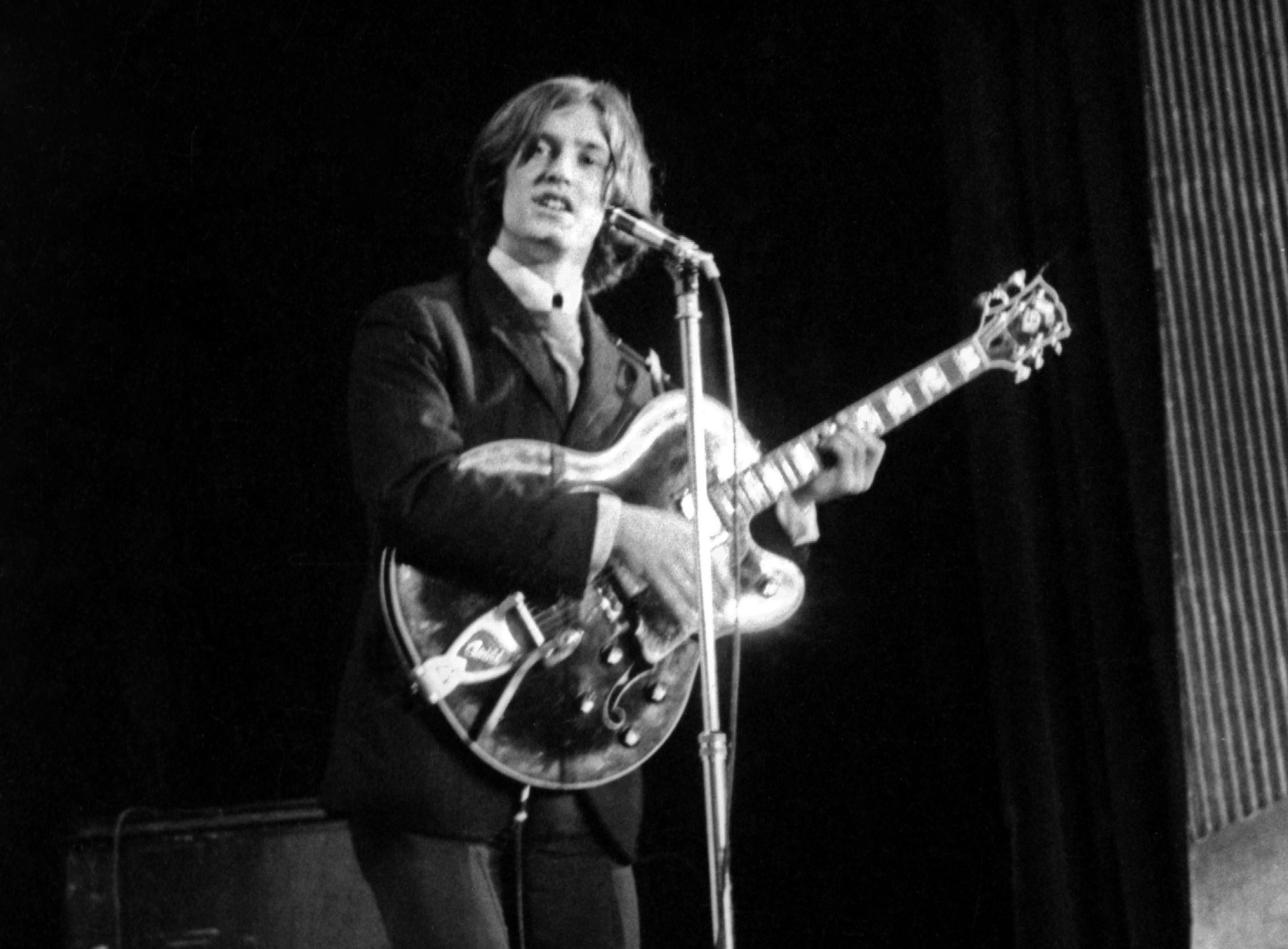
We always hear about the alleged rivalry between the British bands of that era, most of which wasn’t true at all. Did you hang out with other bands – the Beatles or the Stones, say?
In the early days, we hung out with the Hollies quite a lot. They were very accomplished, and they were famous before us, so they knew the ropes. The Hollies were a great asset to us. We didn’t feel like we were in competition with anyone.
Were you able to get a good guitar sound on stage?
In the beginning, we didn’t have it together. There was no tuning up or anything like that. You turned up and turned the amps up as loud as they could go – “Yeah, that’s all right.” It was all very free and not very professional.
Did you use the famous “green amp” – the ’62 Elpico – on stage?
Yep, yep. I had to use it. After You Really Got Me, I started to get more experimental. We moved toward the Marshalls and the Hiwatts; I didn’t like them that much. But I liked being able to hear myself, so we had to get bigger amps.
It’s hard to imagine what it must have been like to play with all those screaming fans.
Oh, it was great when we could finally hear ourselves. Just listening to what we were playing on stage, it was phenomenal. [Laughs] It was still pretty good when we couldn’t hear ourselves.
Things were just crazy! We didn’t know what we were doing, and we had nobody really helping us or guiding us. We just went wild and things happened.
When you say you “went wild,” were you partying and drinking a lot?
No, not really. We were just thrown out there amongst everybody else. It was quite a hectic time. The tour got worse and worse, and then our manager left us. There were arguments… We didn’t know how to act or what to do. A lot of it was good, and then we got banned.
Not being able to play in America for four years must have felt like a serious setback.
We didn’t know what it meant at first, but when we got back to England we realized it was a serious thing. It took the wind out of our sails in the States. We were young, so we figured we could get back and it would all work out. We couldn’t tour in the U.S. for a few years, but we could still put records out. It wasn’t a great situation, but we knew we would be all right.
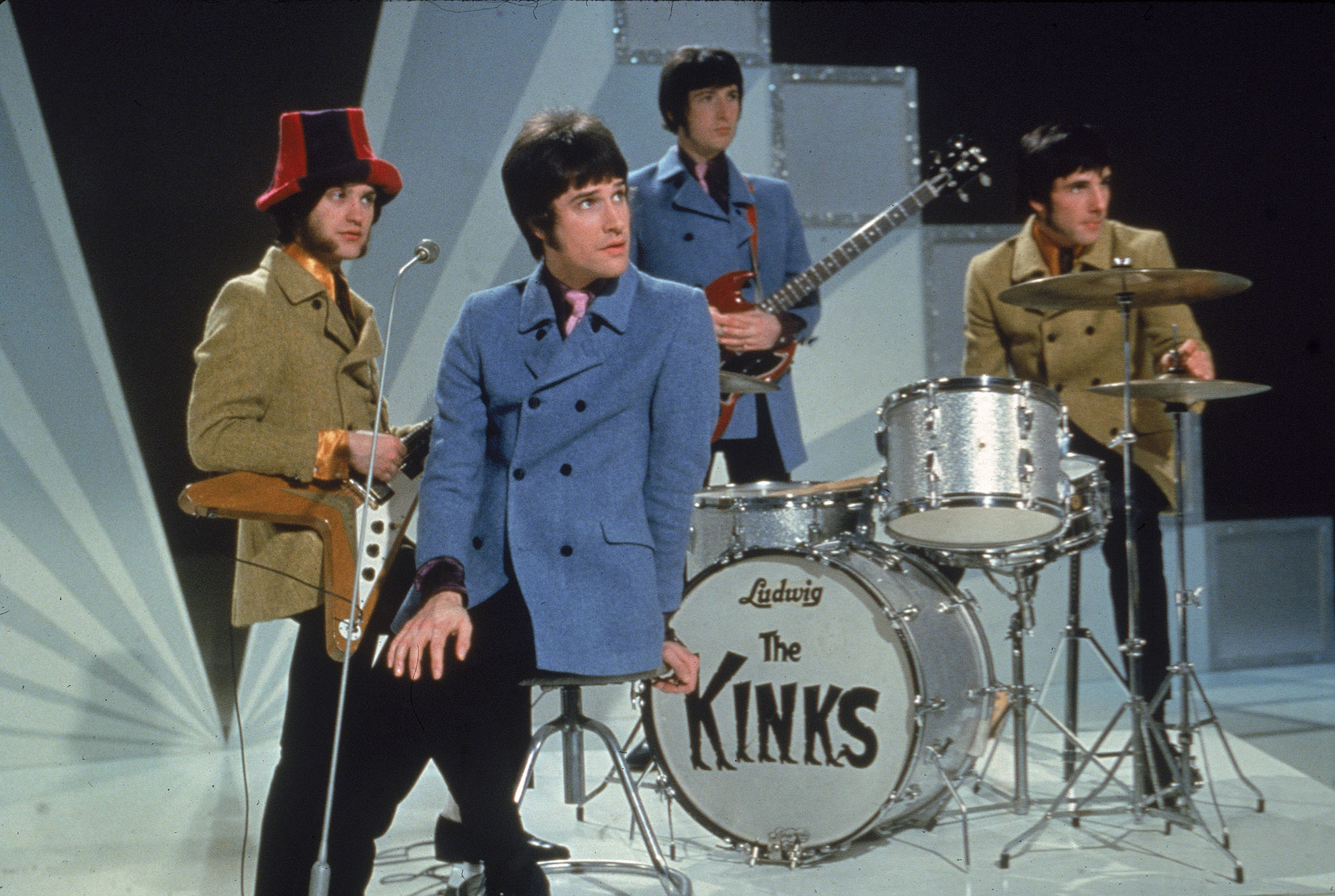
What was the story with you and [drummer] Mick Avory? You two got into a pretty big fight on stage in 1965…
That was a lot to do about nothing, really. Like I said, we were just kids thinking we could do anything, which we did. Mick and I didn’t get on well, and he was getting on my nerves, but we got it sorted out.
While the band was exiled from America, there was a change in direction in the group’s sound and the songwriting. Ray started writing songs like Sunny Afternoon, which became a huge hit.
It was a big hit, yeah. I thought it was great. We actually had our biggest hit – something that’s part of our legacy. But what always happened was, we’d have a hit and then we’d have nothing. It was a good time, though.
Were the Beatles influencing you guys at all?
No, I don’t think so. We were very concentrated on what we were doing, and Ray was coming up with these new ideas. We really weren’t thinking about anybody else.
Like a lot of groups of that era, the Kinks went from being a singles band to an album band. Did you and Ray discuss the evolution?
There was a lot of talking about what we were going to do, but it was also very quick. We had to adapt because things were changing. We moved from one genre to the next. It was all very fast. [Pauses] I think [1977's] Sleepwalker was a very important album for us. We just signed with Clive Davis, and he was a great help to us. He guided us in kind of a backseat way. He helped us through that period a lot.
Ray had his strengths as a songwriter, and you had yours as a guitar player. Did that lead to arguments between you two – mutual envy?
We were always argumentative. If there was a way to have an argument, we would find it. But I think that was good for the band. Truth is, we did see eye to eye a lot in the studio, more than people think. I wanted to write more. I was always saying, “Why don’t we do this on that song?” But Ray was a very prolific writer. I had to let him lead the way.
As you said, the band had an up-and-down existence. How difficult was it to weather those career dips?
Oh yeah, it was very difficult. We nearly broke up. I thought, “This can’t be happening.” Although Ray was doing great – he was fabulous. But I think we were saved at the right time. We got lucky.
Lola was a major comeback for you guys. From what I understand, you wrote the music first and then Ray added lyrics.
Yeah, it happened quite suddenly. It’s funny thinking back on these things – they’re like flashpoints.
So there were times when you would come up with the music on your own.
Not a lot, but it did happen. We were glad to get one however we could.
You played the riff on a dobro and doubled it with a Martin guitar.
Yeah, that was spontaneous, too, I must admit. I used a Fender Strat on the solo.
It’s been noted that the riff to Catch Me Now I’m Falling is pretty similar to Jumpin’ Jack Flash. Did you guys catch any heat from the Stones?
Yeah… no. [Pauses, thinks] It’s kinda quite similar, isn’t it? We were messing around and it fit the mood. Ray came up with that.
When you heard it, did you think it sounded like the Stones?
Yeah… no… yeah. I didn’t think about it.
What do you remember about recording Till the End of the Day?
I remember playing the wrong chords in one part of the song. They’re in there, but don’t tell anyone. Ray knew it, but we didn’t have time to do anything else. I think it’s one of my best solos. The whole thing was spontaneous. I can’t remember what guitar I used on it.
There have been so many incredible covers of Kinks songs by bands like Van Halen, the Jam, the Knack, the Pretenders, the Romantics. Any particular covers that stand out to you?
There were good covers, and there were shit covers. I didn’t like that one – it was a major hit.
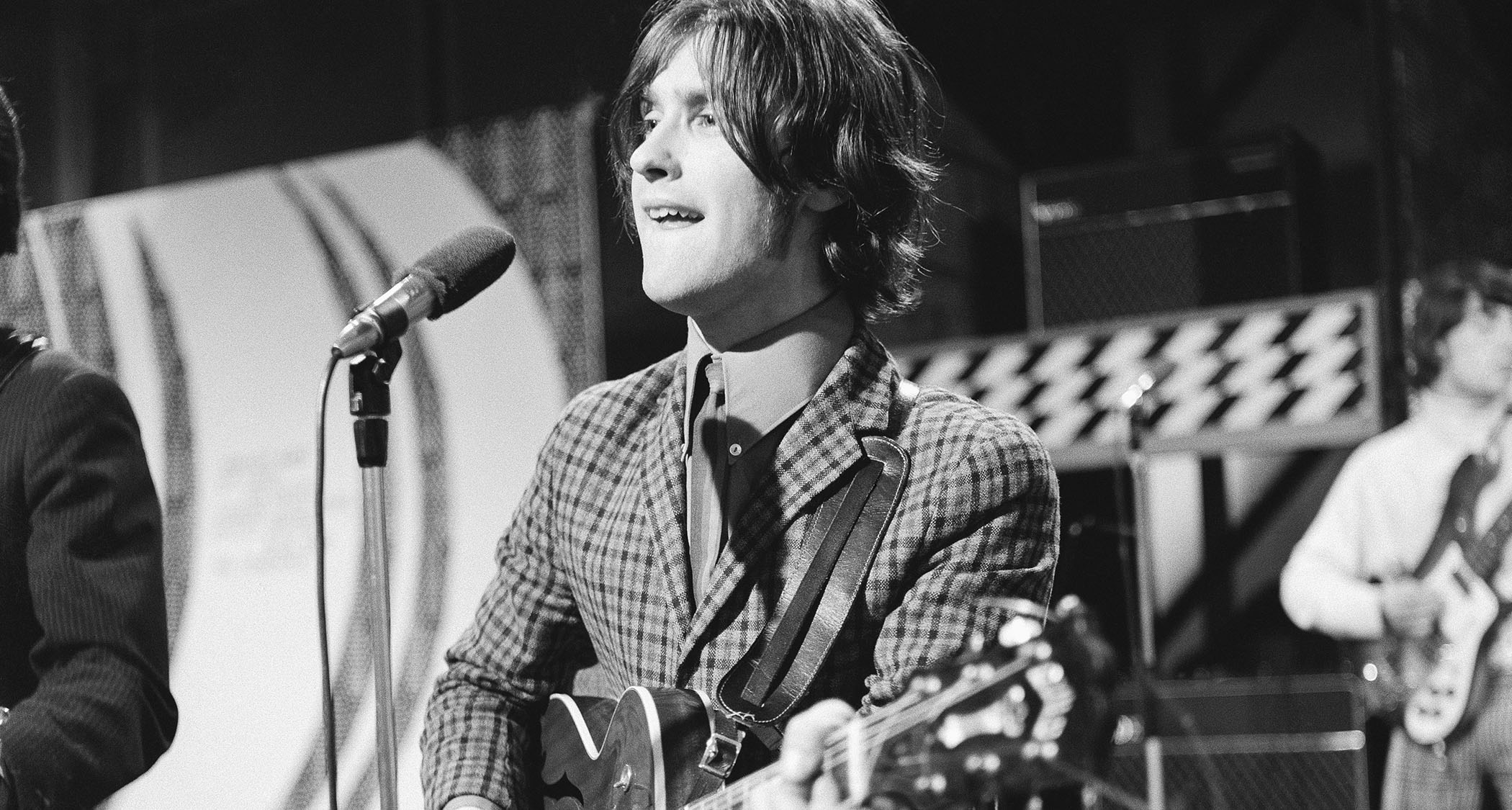
Do you mean Van Halen’s version of You Really Got Me?
Yeah, I didn’t like that one. It was too flash and in-your-face. I heard it on the radio and was like, “What the fuck is this? Somebody’s copying us?” It took me a while to get used to it, and then I liked it. I realized it was a compliment.
Did you ever meet Eddie Van Halen?
Sadly, no.
Eddie changed the game for how the guitar was played. After you got used to what he was doing, did you re-assess your own playing a bit?
I mean, not in that way. The thing is, you’re always learning. There’s this trajectory you’re on, and it never stops.
How’s your guitar playing these days? Any lasting effects of your stroke?
I don’t know. When I'm playing guitar, I just go to the sound and that’s all I need.
- The Journey is out now BMG
- This article first appeared in Guitar World. Subscribe and save.
Joe is a freelance journalist who has, over the past few decades, interviewed hundreds of guitarists for Guitar World, Guitar Player, MusicRadar and Classic Rock. He is also a former editor of Guitar World, contributing writer for Guitar Aficionado and VP of A&R for Island Records. He’s an enthusiastic guitarist, but he’s nowhere near the likes of the people he interviews. Surprisingly, his skills are more suited to the drums. If you need a drummer for your Beatles tribute band, look him up.
You must confirm your public display name before commenting
Please logout and then login again, you will then be prompted to enter your display name.




